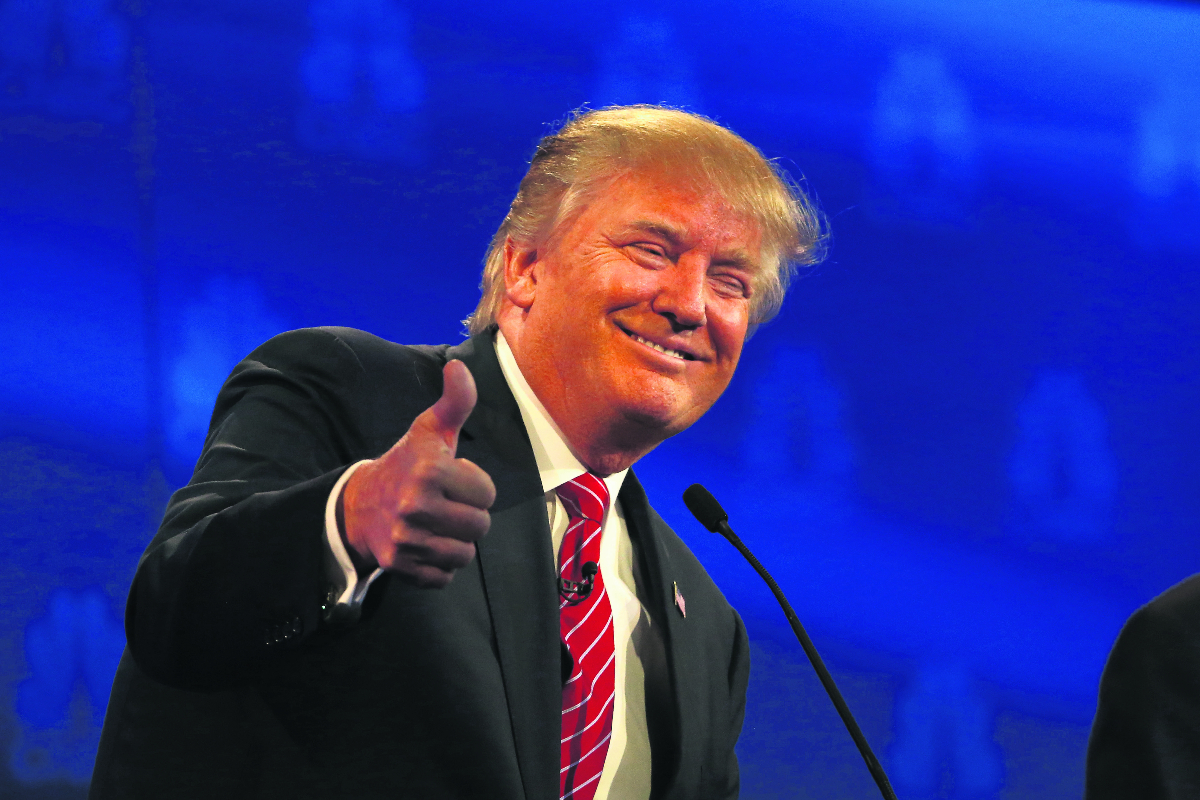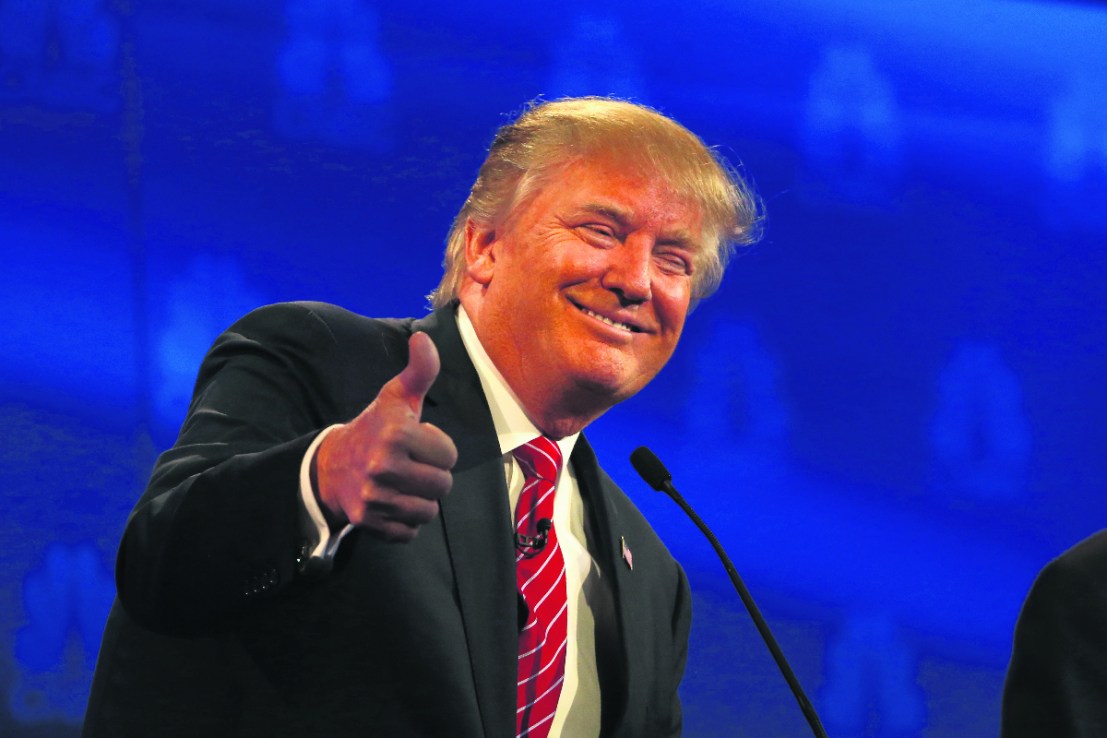Trump is a felon. So what?
Donald Trump's conviction is unlikely to change much for the ex leader of the free world.


City A.M.’s American business correspondent Jennifer Sieg takes a look at why she believes Donald Trump’s criminal conviction won’t be enough to keep his fans from flocking to the polls in the upcoming US election.
Donald Trump is now the first ever major political party candidate running for office as a convicted felon, and yes, it seems as though Americans will still flock to the polls to give him their vote this fall.
One of the first questions that had to be answered after the former president was found guilty of all 34 charges in his hush-money trial was whether he could still run for office as a convicted felon — and the answer is yes.
The US Constitution requires only three things for a person to run for president: to be at least 35 years old, to be a natural-born citizen, and to have lived in the US for at least 14 years.
The 77-year-old American businessman-turned-politician—who could face a maximum sentence of four years in prison—still ticks all of those boxes.
However, the freedom for Americans to vote should also be made clear.
As long as a candidate’s name is listed on the ballot, a vote can be placed for whichever party one wishes to choose, felon or not.
Americans will still vote for Donald Trump
Trump is unlikely to end up in an orange jumpsuit anytime soon (although, considering his love of the colour he might be happy to make a fashion statement…it may even suit him).
Still, even if he does, it may not make much difference – the man is nearly unstoppable.
And he won’t be the first criminally convicted presidential candidate to receive the American vote, either.
In the US election of 1920, Socialist Party candidate Eugene V. Debs received 1m votes while inside a prison cell without stepping foot on the campaign trail at all.
The political activist was sentenced to 10 years in prison after being convicted under the Sedition Act of 1918 for protesting against World War 1 in front of a 1,200-person crowd in Canton, Ohio.
Even still, during the 1920 US election, while serving time as a convicted felon, Eugene V. Debs received nearly three per cent of the American vote.
That was before the age of social media.



